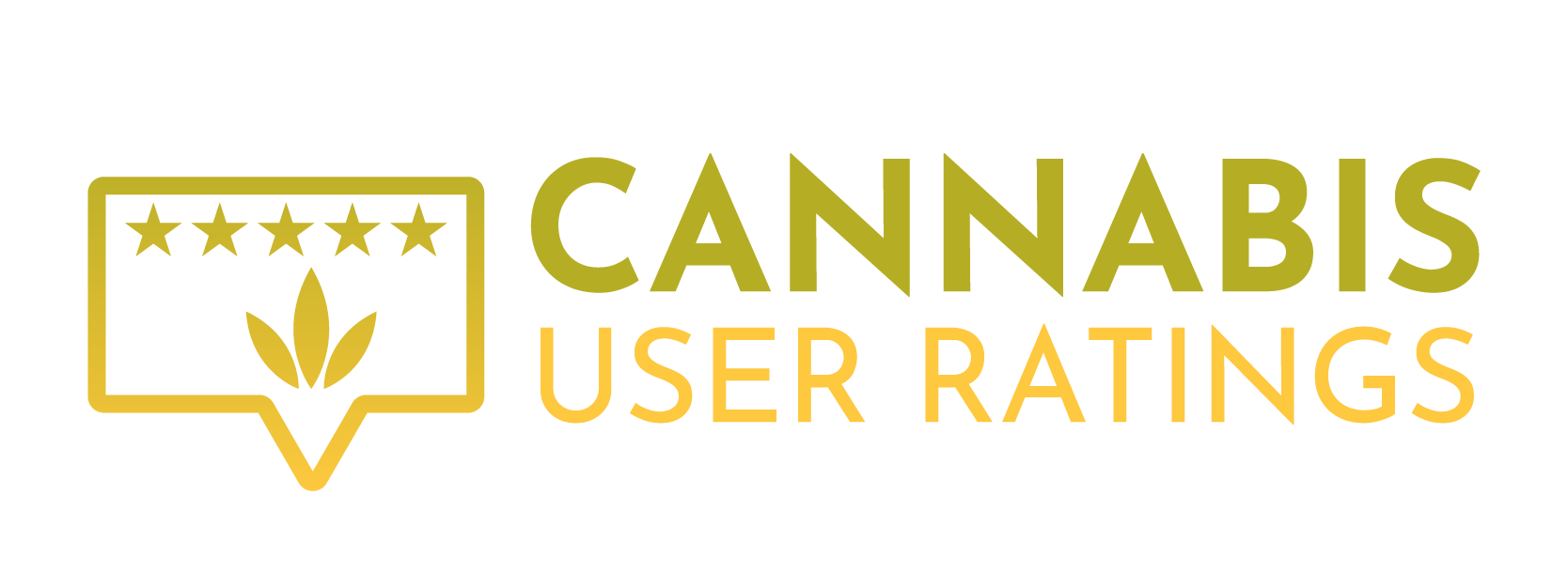In today’s competitive cannabis and consumer goods markets, consumer ratings have become a powerful currency. Whether through platforms like Google Reviews, Leafly, or Reddit forums, ratings now act as public scorecards that influence purchasing behavior and, ultimately, brand loyalty. Investigating the link between these ratings and customer retention reveals both opportunities and risks for brands.
The Power of Social Proof
Studies show that consumers place significant trust in peer reviews. According to BrightLocal’s 2024 Consumer Review Survey, 76% of shoppers regularly read online reviews before making a purchase, with more than half considering ratings as important as personal recommendations. This dynamic creates a cycle: high ratings attract new customers, while positive experiences reinforce loyalty, leading to repeat purchases and stronger brand equity.
How Ratings Drive Loyalty
Investigations into consumer behavior highlight three key mechanisms through which ratings influence loyalty:
- Validation of Quality – Customers often see consistent high ratings as a guarantee of product reliability, encouraging repeat business.
- Community Belonging – Engaging with brands that have strong positive feedback fosters a sense of shared identity among consumers.
- Reduced Risk – High ratings lower the perceived risk of trying or continuing with a brand, particularly in emerging markets like cannabis where new products enter constantly.
Research published in the Journal of Consumer Research suggests that brands with strong online reputations can command premium prices because loyal customers are willing to pay more for perceived consistency and trustworthiness.
The Flip Side: Ratings as a Double-Edged Sword
While positive ratings can strengthen loyalty, negative ones can erode it quickly. A report by Spiegel Research Center indicates that just one negative review can deter up to 22% of potential buyers. In industries where consumer trust is fragile—such as cannabis, food, or wellness—a cluster of poor ratings can trigger mass defections to competitors.
Interestingly, a study from Northwestern University found that consumers actually trust brands more when they see a mix of positive and negative reviews. A perfect five-star rating across the board can raise skepticism, while an average between 4.2 and 4.5 stars is seen as both credible and dependable.
Brand Strategies to Harness Ratings
Investigative analysis into leading companies shows that successful brands don’t leave reviews to chance. Instead, they implement strategies such as:
- Actively encouraging satisfied customers to leave feedback.
- Responding transparently to negative reviews to demonstrate accountability.
- Using consumer insights from ratings to improve product quality and customer experience.
For example, in the cannabis industry, companies like Curaleaf and Trulieve actively monitor online reviews and integrate feedback into product development and staff training. By doing so, they not only protect their reputation but also deepen customer trust.
In Review
Consumer ratings are more than just numbers on a screen—they are pivotal in shaping long-term brand loyalty. High ratings can generate strong emotional connections, while poor ones can quickly undo years of marketing investment. In an environment where trust drives purchase decisions, brands that harness consumer ratings as both a feedback mechanism and a loyalty tool are the ones most likely to thrive.

